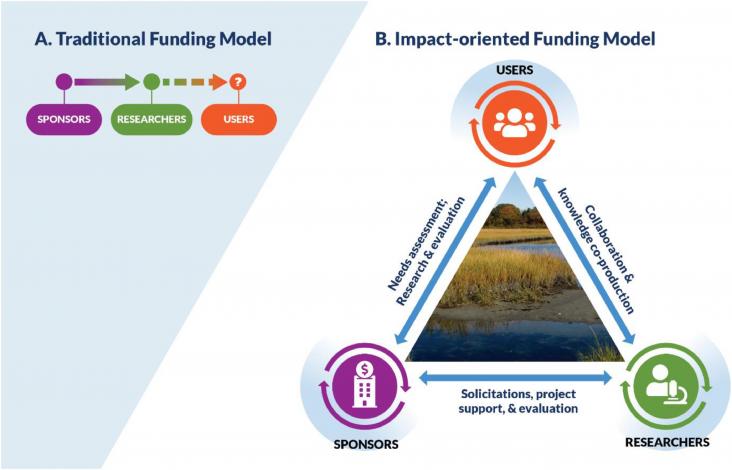Elsevier,
Evidence-informed Approaches for Managing Dementia Transitions: Riding the Waves, Volume , 4 February 2020
This book chapter advances SDGs 3 and 17 by describing the prevalence of dementia in hospitalized patients, reasons for hospitalizations, and risks to older people with dementia in hospitals. Strategies for optimizing outcomes and models of care that are designed to improve care of persons with dementia and their care partners are described to assist healthcare team members working with this unique population.
With the increasing importance of ‘emerging powers’ in the global economy, questions are raised about the role of developing countries in shaping global norms.
Background: The WHO Director-General has issued a call for action to eliminate cervical cancer as a public health problem.

There is widespread belief that meaningful interaction between scientists and practitioners, or co-production, increases use of scientific knowledge about sustainability and environmental change.
This case study shows the contribution of the Global Partnership for Sustainable Development Data to the Open Algorithms Initiative. It addresses how to unlock the potential of private sector data for public good purposed in a safe ethical, scalable and sustainable manner furthering goals 9 and 17.

In 2019 RELX hosted an SDG Inspiration Day in Delhi to inspire scalable, collaborative action on the 17 SDGs, with particular emphasis on sustainable cities: SDG 11, critical to the rest. Watch videos of the speakers
Elsevier,
Neuroprotection in Autism, Schizophrenia and Alzheimer's disease, Volume , 16 October 2019
This book chapter advances SDGs 3 and 17 by reviewing a new promising neuroprotective approach to treating AZ, Tau-based therapies including tau-kinase inhibitors to acetylation inhibitors, microtubule stabilizers, aggregation inhibitors, monoclonal anti-tau antibodies or active tau vaccines. Special emphasis has been placed on the most promising therapeutic agents that have reached clinical trials.
Partner content
United Nations UniversityUnited Nations University, September 2019.
Directly relevant to SDGs 8 (Decent Work and Economic Growth) and 17 (Partnerships for the Goals), this report explores a public-private partnership which puts the financial sector at the heart of global efforts to end modern slavery and human trafficking and accelerate action in eradicating these practices.
Held in association with the Ban Ki Moon Center for Global Citizens and hosted by RELX, the discussion focused on the state of human rights around the world. The session also covered the Rule of Law, the UN Sustainable Development Goals and the responsibility of businesses to support and drive initiatives that benefit society.
Partner content
United Nations Global CompactUnited Nations Global Compact, September 2019
This report showcases business leadership on climate action aligned with limiting global temperature rise to 1.5°C. Advancing SDGs 12, 13 and 17, this report features solutions and strategies developed by companies that have taken the 1.5°C pledge and examines how business leaders are integrating this process into corporate strategies and generating employee buy-in.
